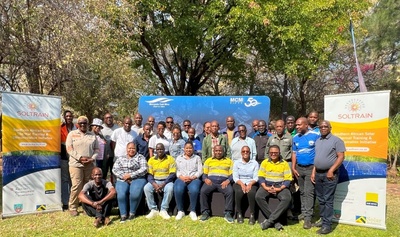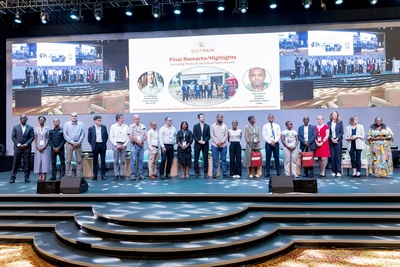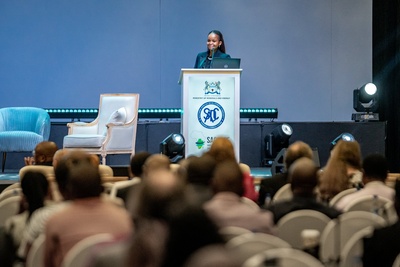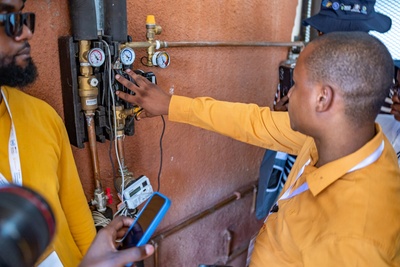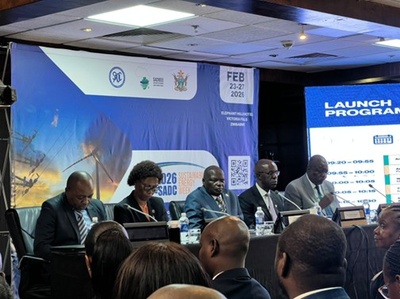Solar Thermal Technology Platform will present challenges, but CERC and stakeholders are up to the task
Submitted by Prof. E. MatlotsePublished 7 years, 6 months ago
The Botswana Solar Thermal Technology Platform (BSTTP) Meeting, held at the end of May, aimed to pave way for the implementation of the Botswana Solar Thermal Technology Roadmap (BSTTR) which was formulated through the SOLTRAIN project. For this meeting, various stakeholders from different establishments, led by the Department of Energy (DoE), convened to deliberate on how best to achieve the huge tasks which lie ahead as part of the roadmap.

The proceedings started with the Clean Energy Research Centre (CERC) Director who is also the Chairman of the Botswana Solar Thermal Technology Platform (BSTTP), Prof. E. Matlotse, giving a welcome address to participants. He emphasised that the implementation of the BSTTR is a huge task which needs stakeholders to all work together towards achieving it.
He also urged DoE to play an active and leading role to ensure that the government offers the required support, without which the roadmap will not succeed.
The CERC Director then went on to recap the SOLTRAIN project milestones so far, giving more detail about the formulation of the BSTTR and its implementation plan. He emphasised that the formulation process was a rigorous consultative process which involved stakeholders from beginning to end.
He also emphasised the level of international and regional cooperation, in particular, the SOLTRAIN Conference in Namibia last year and the conference in Gaborone earlier this year. In both of these conferences, SOLTRAIN partner representatives from Botswana, Lesotho, Mozambique, Namibia, South Africa and Zimbabwe presented their respective country roadmaps which allowed for a sharing of ideas and experiences, and the opportunity to fine tune the countries’ respective roadmaps.
Prof. A. Obok Opok was also on hand to present the BSTTR to the participants, resulting in some robust engagement on how best to implement the roadmap. The following was agreed with respect to the roadmap implementation:
- Clean Energy Research Centre (CERC) is to coordinate the entire process encompassing implementation, monitoring and control.
- In two weeks following the meeting, the CERC Director was to constitute a National Task Force drawn from the key stakeholders which would be responsible for implementation, monitoring and control of the BSTTR.
- After constituting the National Task Force, the, CERC Director would inform the BSTTP.
- The NTF would then start work by drawing up the terms of reference and scope of work.


